Directory
- Share
Andres Alfonso-Rojas
- Scholar
- Colombia
- 2022 PhD Zoology
- Darwin College

Andres Alfonso-Rojas
- Scholar
- Colombia
- 2022 PhD Zoology
- Darwin College
I grew up in Bogotá, the capital of Colombia. I have always been passionate for the wildlife and palaeontology. Despite living in one of the most biodiverse countries in the world, my contact with the nature was limited, and considering that Palaeontology was poorly developed in Colombia, I decided to study Civil Engineering. However, I never lost my passion for science, preferring to read about evolution and fossils than about engineering. After some elective courses, and encouraged by a professor of Biology, I followed my heart and started my Biology career at Universidad de los Andes. At the end of my undergrad, I got the chance to do an internship in Montana, with the University of Washington. Thanks to the scientists I met during my internship, I was able to contact Dr. Edwin Cadena, who helped me to realize that there are tons of fossils in Colombia to study. He also hired me as a research assistant and accepted me as his MSc. Student, at Universidad del Rosario. Now, as a Gates Cambridge Scholar, I´ll be able to pursue my PhD. in Zoology, where by using fossils and molecular data I want to study the tempo and mode of the diversification of colubroid snakes in the Neotropics.
Previous Education
Universidad del Rosario Palaeontology 2022
Universidad de Los Andes Biology 2018
Universidad de Los Andes Engineering 2017
Links
https://www.zoo.cam.ac.uk/directory/andres-alfonso-rojas
https://www.linkedin.com/in/andres-paleosnakes3
Ila Ananya
- Alumni, Scholar
- India
- 2021 MPhil Social Anthropology
2022 PhD Social Anthropology - Fitzwilliam College
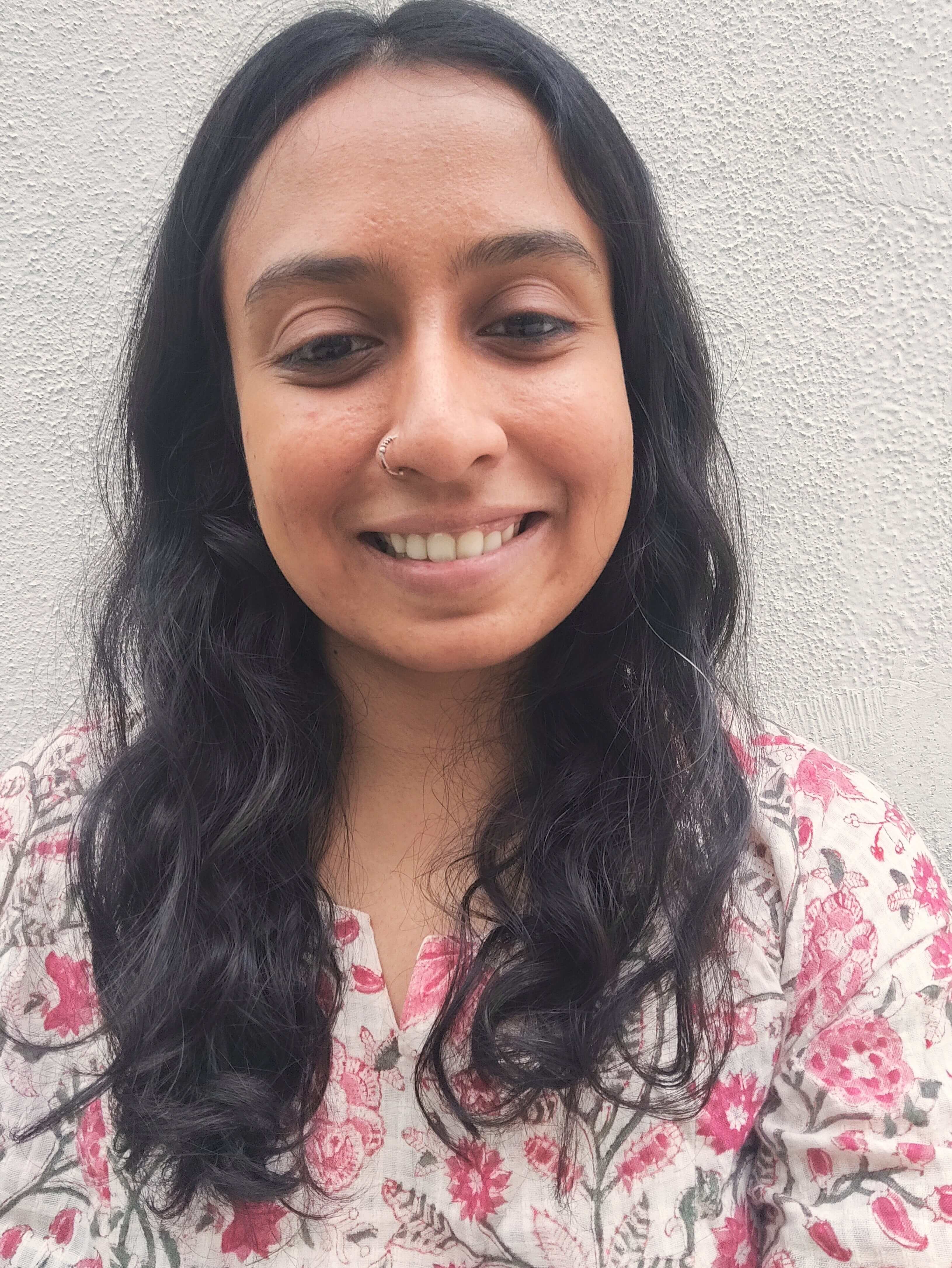
Ila Ananya
- Alumni, Scholar
- India
- 2021 MPhil Social Anthropology
2022 PhD Social Anthropology - Fitzwilliam College
I came to anthropology through an interest in narrative, and a desire to rethink my engagement with fiction, life writing, reportage, and research – writing forms that I have been moving between since I was an undergraduate. As a journalist and a university teacher, I often found myself returning to read ethnographies, with their focus on producing work that centred our different subjectivities, and grappling with the ethical and conceptual challenges of navigating these. So far, my research has been concerned with the political lives of Indian students, what Indian higher educational spaces engender, and who they exclude. For my PhD, I hope to trace how young people from ‘Northeast’ India navigate the moral and affective aspects of their ‘becoming’ when they travel to ‘mainland’ Indian cities to study. Given the region’s history of state repression, ethnic tensions, and the racialised tendency of many Indians to homogenise their identities, I am interested in foregrounding friendship, intimacy, and aspiration, to understand how these young students relate to each other from across their social subjectivities and ethnic and class locations. I’m excited and humbled to be part of the Gates Cambridge community, and to continue to be challenged by and learn from my peers.
Previous Education
University of Cambridge Social Anthropology 2022
School of Oriental & African Studies (University o Gender Studies 2018
St. Joseph's College, BU English, Journalism,Psychology 2017
Alicia Anderson
- Scholar
- Canada
- 2022 PhD Physics
- Trinity College

Alicia Anderson
- Scholar
- Canada
- 2022 PhD Physics
- Trinity College
Growing up in Calgary, Alberta, Canada, I started playing ice hockey when I was five years old. Years later, I was able to experience my dream of playing hockey at the collegiate level through an athletic scholarship at the University of Lethbridge (UL) where I studied physics. Throughout my undergraduate and MSc degrees at the UL, I have been a part of the Astronomical Instrumentation Group developing innovative instrumentation to explore the formation and evolution of stars and galaxies. Now I will pursue a PhD in the Cambridge Astrophysics Group developing instrumentation for the detection of extrasolar planets. Recent advancements in technology will allow astronomers to spectroscopically measure variations in the orbits of sun-like stars induced by Earth-like planets, the next major advancement in the search for potentially habitable planets, and the subject of my PhD project. Alongside my studies, I am actively involved with the community of Lethbridge. Most recently, I have been volunteering with the Big Brothers and Big Sisters organization where I mentor a young individual who needs a consistent and supportive developmental relationship. Seeing them grow up and gain confidence has been my most rewarding experience.
Previous Education
University of Lethbridge Physics 2022
University of Lethbridge Physics 2020
Jigisha Bhattacharya
- Scholar
- India
- 2022 PhD English
- Churchill College

Jigisha Bhattacharya
- Scholar
- India
- 2022 PhD English
- Churchill College
Growing up in a small town in Bengal, I turned sensitive to conflicts between communities and identities from an early age. While pursuing my BA in English (Hons.) at Presidency University, Kolkata, my MA in English at Jawaharlal Nehru University, New Delhi, and my MPhil. in Social Sciences at the Centre for Studies in Social Sciences, Calcutta, I became interested in how literary and cultural forms share a reciprocal relationship with political ideations and events. As a firm believer in public-facing academic work, I have also curated and written extensively on gender, culture, and literature. Further, teaching undergraduate students at the Jindal Global Law School in India has taught me the transformative potential of pedagogic spaces and the need for an egalitarian academic atmosphere. The steep rise of political incarceration in contemporary India has motivated my doctoral project which traces prison experiences of Indian women activists in literary and archival expressions. Through my scholarship and community engagement, I hope to explore how conditions of marginalisation enable responsibility, solidarity, and hope.
Previous Education
Jadavpur University Social Sciences 2019
Jawaharlal Nehru University English 2017
Matthew Blacker
- Scholar
- Australia
- 2022 PhD Applied Maths and Theoretical Physics
- Trinity College
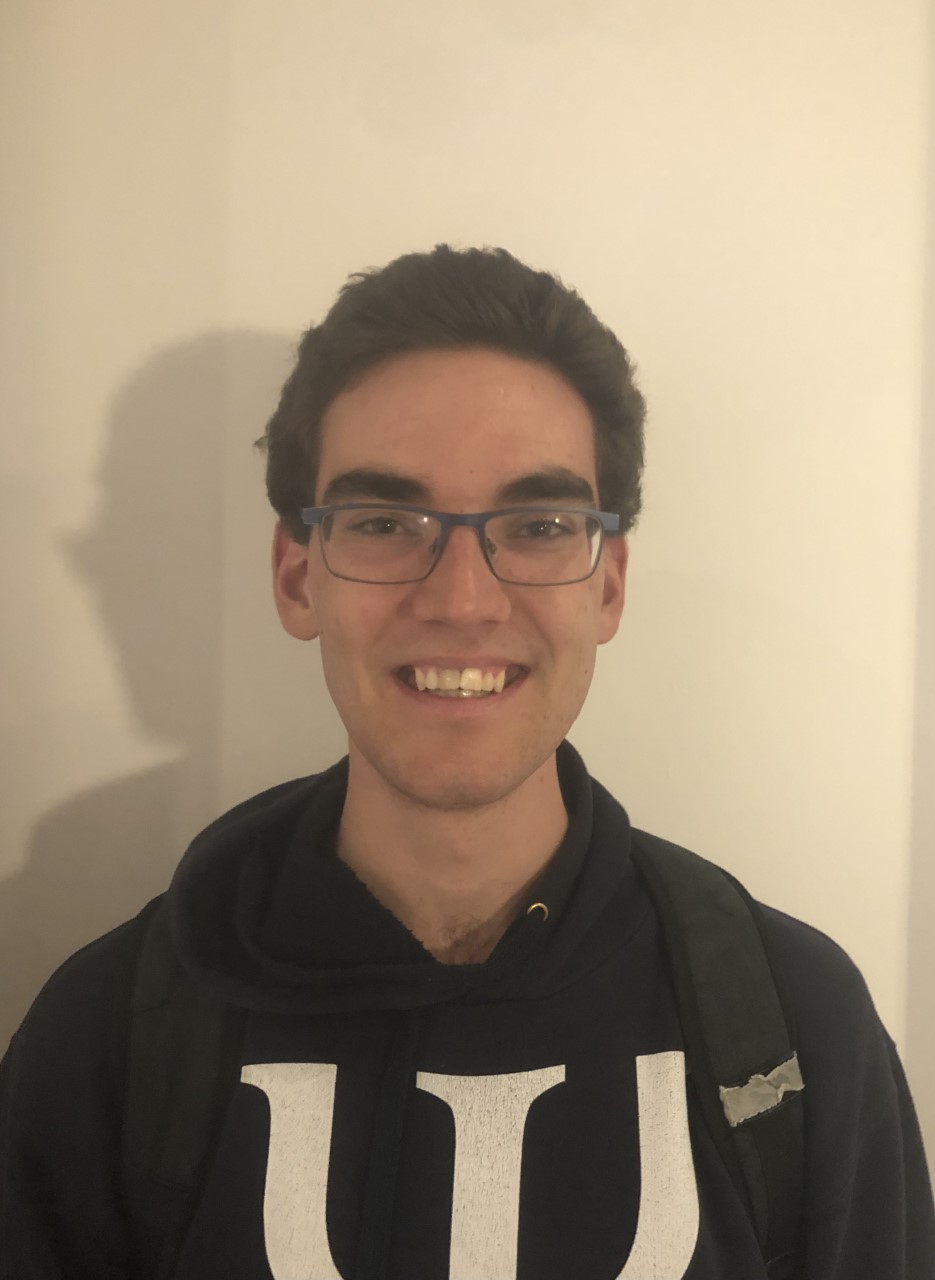
Matthew Blacker
- Scholar
- Australia
- 2022 PhD Applied Maths and Theoretical Physics
- Trinity College
At heart, I’m a runner who finds the time to study theoretical physics: although in reality, it’s often the other way around. Growing up in the sun, sand and bush of Perth, Western Australia, I uncovered a passion for science – which took me across the country to the Australian National University in Canberra. I lived at Bruce Hall, and helping the community there survive our building being demolished and rebuilt instilled in me a love of working with people. At the same time, my studies fostered an excitement for uncovering a theory of quantum gravity; but it became apparent I’d have to travel overseas to fulfil that dream. Thus, I came to Cambridge to complete the Part III Maths, and prepare myself for a PhD here. In my PhD, I’ll be studying and proposing thought experiments examining quantum gravity, to inform how we build theories in future. I ultimately want to combine my passions for people and physics as an educator, and take ideas about quantum gravity to places (like Australia) where the field is still very small. Being a Gates Scholar will allow me to learn from other scholars how to make my impact as an educator felt not just in Australia, but all over the world.
Previous Education
University of Cambridge Mathematics 2022
Australian National University Physics 2020
Alberto Borges
- Alumni
- Kenya
- 2022 MPhil Conservation Leadership
- Wolfson College
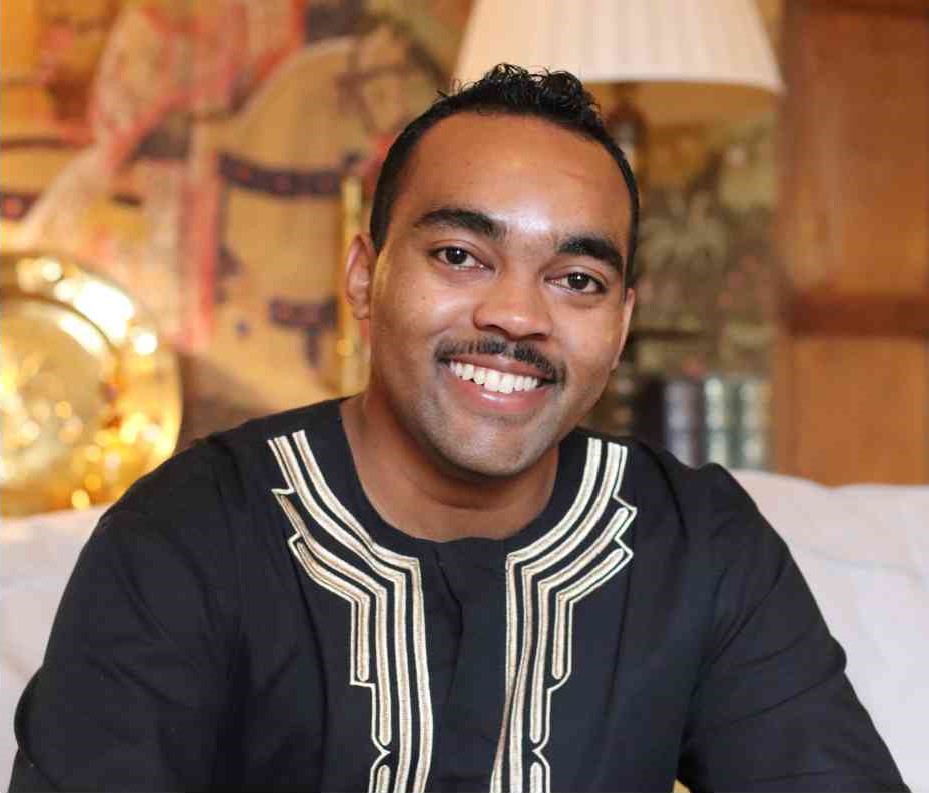
Alberto Borges
- Alumni
- Kenya
- 2022 MPhil Conservation Leadership
- Wolfson College
I believe in a future where youngsters are the champions of extraordinary change in conserving landscapes, wildlife, and human livelihoods. My late father would take my mother, siblings, and me on adventures in nature during my childhood years. These curiosity-filled escapades led to the incidental discovery of a camel spider unknown to science at age 17. At that moment, I realized my career would involve wildlife conservation and the promotion of sustainable human livelihoods. My passion landed me a full scholarship to Catawba College for my Environmental and Sustainability undergrad studies. I secured several National Geographic, Woodspring Trust, and St. Luke's Episcopal Foundation grants to conduct impactful conservation projects in Marsabit and Athi River, Kenya. Earning the prestigious Gates Cambridge Scholarship will empower me to pursue the MPhil in Conservation Leadership at Cambridge. My ultimate goal is to set up a Wilderness Conservation Centre in northern Kenya. To explore, research, and conserve its unique ecosystems through context-specific community-oriented programs. It will serve as a vital springboard for youth to learn and launch sustainable ventures, thus improving human lives and the natural world.
Previous Education
Catawba College Environment and Sustainability 2021
Claire Bunn
- Scholar
- United States
- 2022 PhD Physiology, Development and Neuroscience
- Christ's College
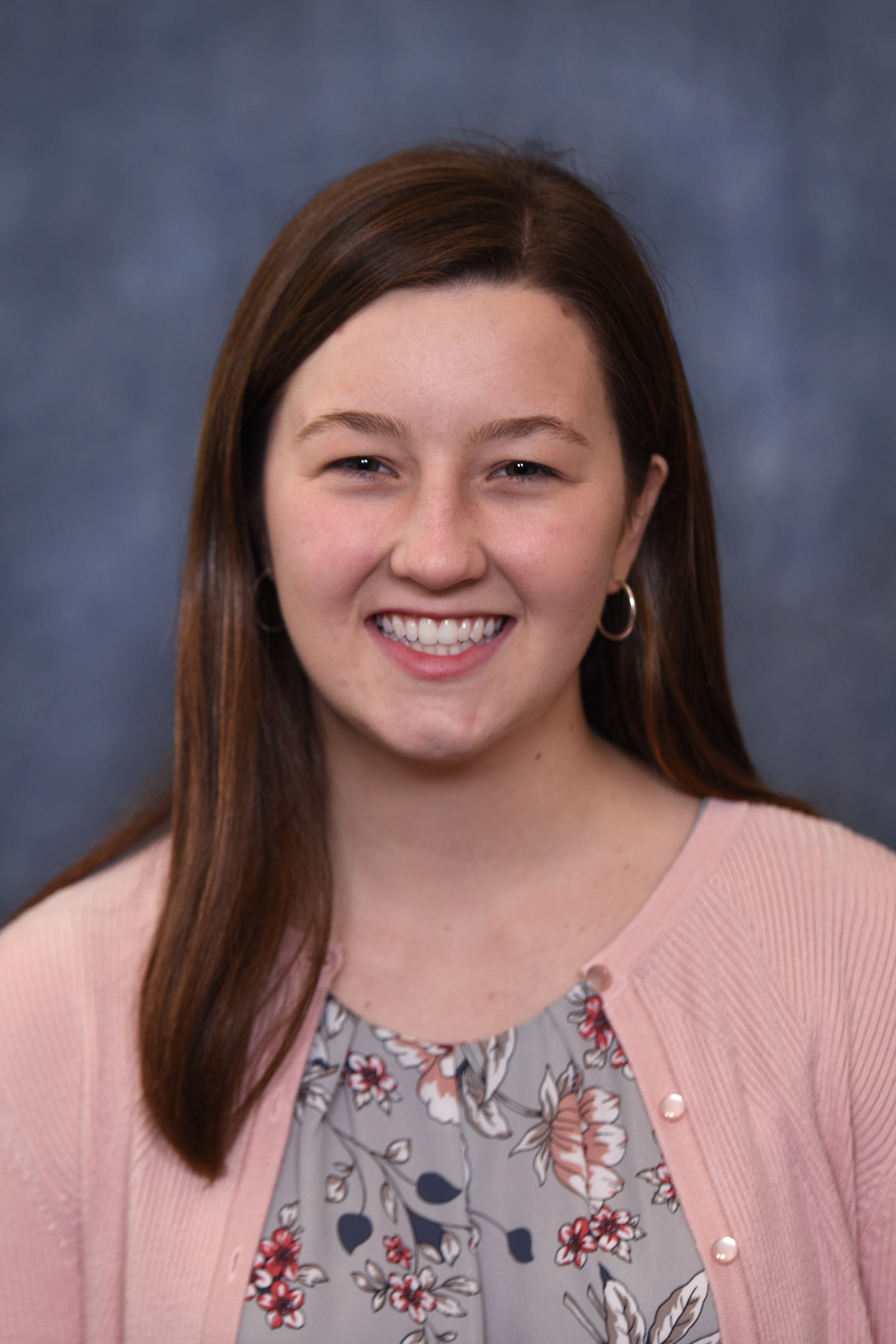
Claire Bunn
- Scholar
- United States
- 2022 PhD Physiology, Development and Neuroscience
- Christ's College
I was raised in Marion, Arkansas and attended the University of Georgia as a Foundation Fellow and Stamps Scholar to study genetics. I devoted much of my time on campus to researching protein kinases using bioinformatic and biochemical approaches and working as a campus tour guide. During the COVID-19 pandemic, I began researching developmental lung biology at Vanderbilt. I quickly realized my interest at the intersection of developmental and cancer biology and the wide therapeutic potential the field offers. As an aspiring physician-scientist, I also took time to research public health in my home region as a Delta Scholar and wrote for the Boston Congress of Public Health. At Cambridge, I will pursue a PhD in the Department of Physiology, Development, and Neuroscience to functionally assess the cell extrinsic and intrinsic mechanisms controlling human lung airway fate specification. Through this research, I hope to deepen our understanding of fundamental biological processes to guide personalized medical therapies that are accessible to all populations. I am grateful to be joining the Gates Cambridge community and am honored to have been selected for a cohort in which intellectual acumen and compassion are equally valued.
Previous Education
University of Georgia Genetics, Minor in Statistics 2022
Roberto Campalastri
- Scholar
- Italy
- 2022 PhD Biological Science (MRC Toxicology Unit)
- Clare College
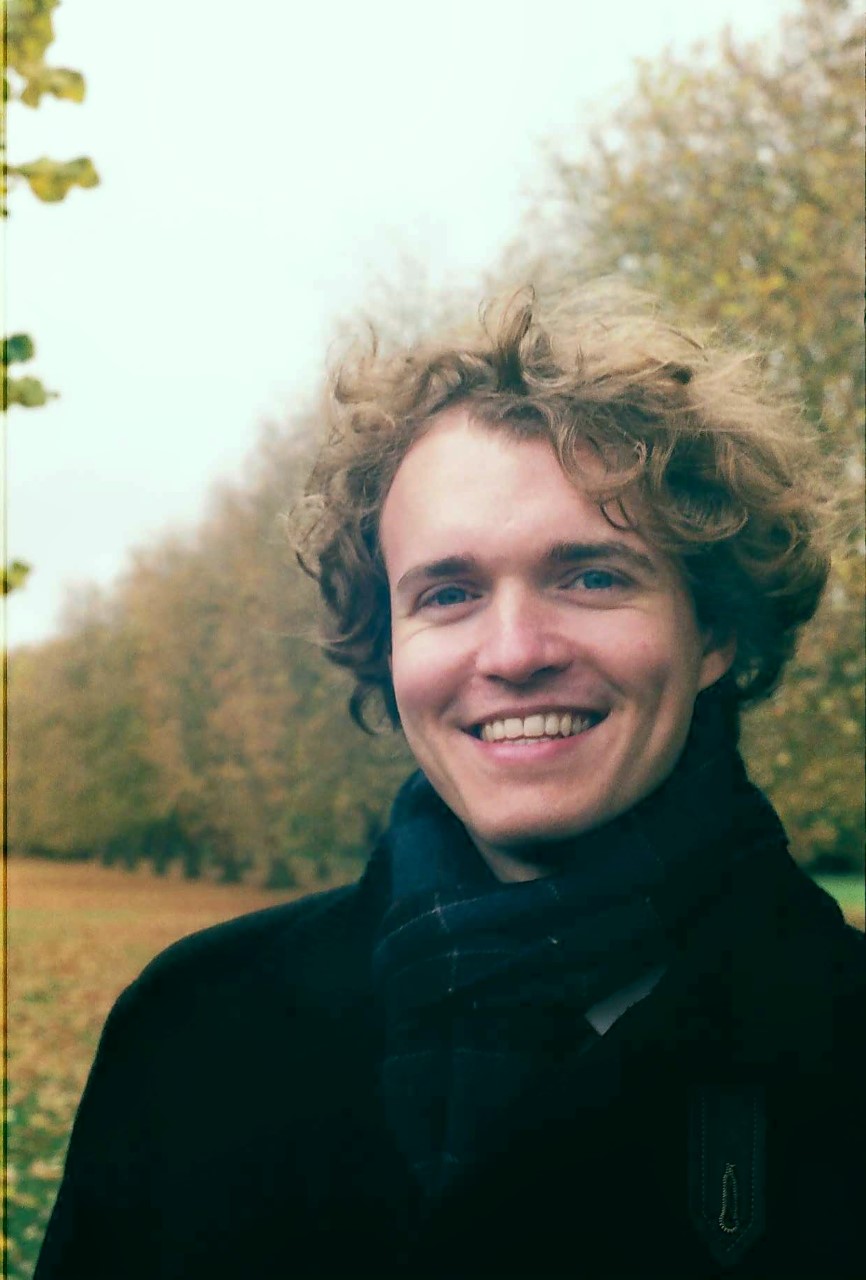
Roberto Campalastri
- Scholar
- Italy
- 2022 PhD Biological Science (MRC Toxicology Unit)
- Clare College
Fight against disease is not only fought in the trenches of hospital wings, but also and especially in the lab, by trying to uncover its fundamental principles. Transcription of genetic information into RNA is at the heart of cellular function and is controlled by the activity of three RNA Polymerases (Pol) in human cells. While most research has so far focused on Pol II, not much is known about Pol III transcription. However, knowledge of the latter may be instrumental to combat disease, since Pol III has been shown to be commonly dysregulated in a number of pathologies, including cancer. For example, tRNA-methionine overexpression is sufficient to increase cell metabolism and proliferation. In my PhD, I aim to harness state-of-the-art Artificial Intelligence methods and genomic tools that are yet to be brought together in transcriptional regulation to capture the biological complexity of Pol III activity. Through the study of cis- and trans- regulators of human RNA Polymerase III, it will be possible to identify novel potential therapeutic targets. I am honoured to have become part of the Gates community and eager to apply my skills for the betterment of human health.
Previous Education
University of Cambridge Systems Biology 2022
University of Cambridge Natural Sciences, Engineering 2021
Ayden Case
- Scholar
- United States
- 2022 PhD Medicine
- Robinson College
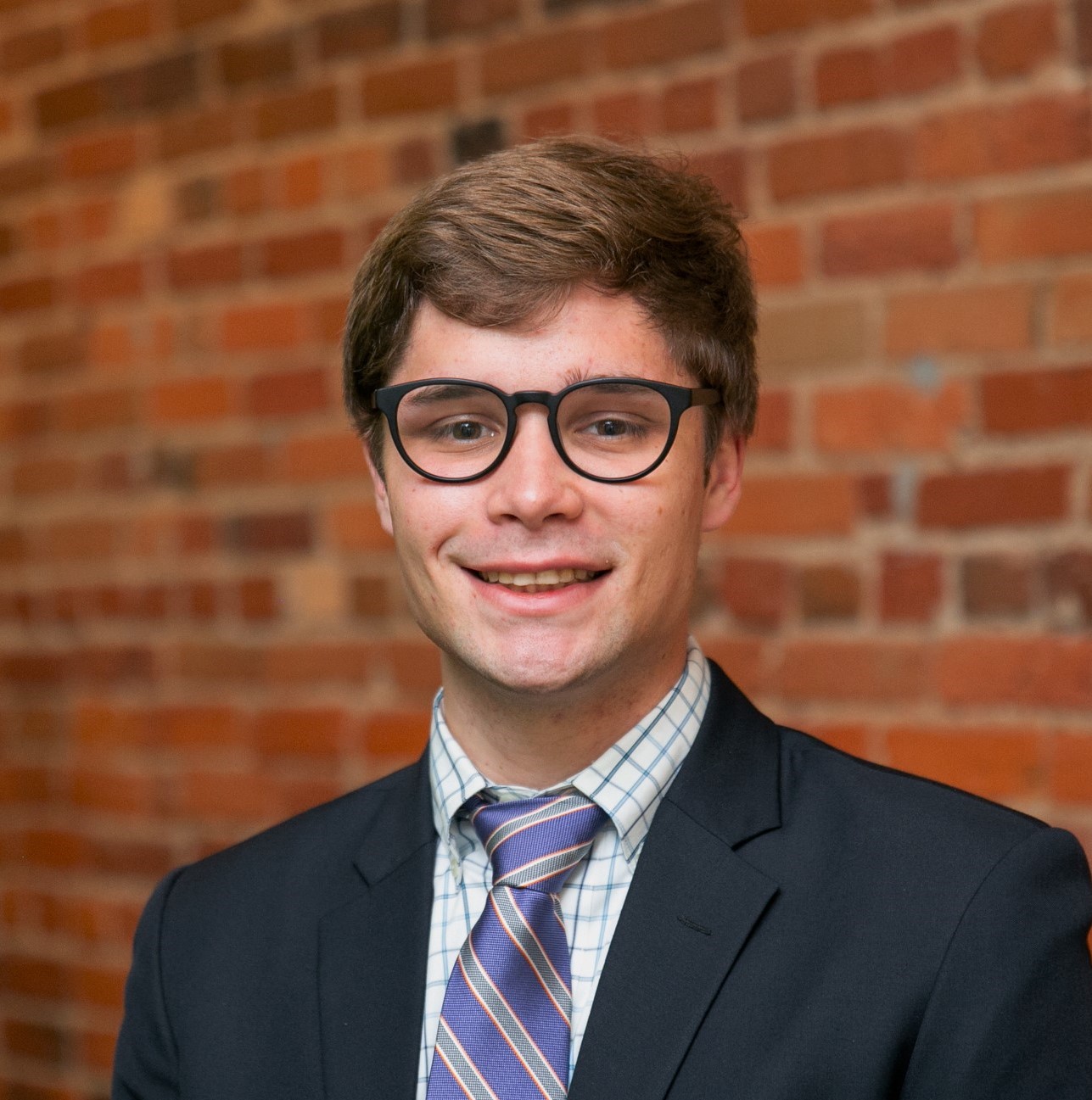
Ayden Case
- Scholar
- United States
- 2022 PhD Medicine
- Robinson College
During my undergraduate studies at Duke University, I became fascinated with the immune system, especially with respect to its therapeutic applications for complex diseases. I pursued this interest during my translational glioblastoma research, studying engineered cytotoxic T cells alongside the cancer’s immune microenvironment. As my research progressed, I began to question the accessibility of scientific advancements, especially in the context of clinical medicine. Accordingly, I investigated the barriers to care and adverse health outcomes faced by Native Americans in North Carolina. I will continue this work in the lab of Professor Ziad Mallat, where I intend to study a promising immunotherapy for atherosclerosis. Given the disparate impact of heart disease on racial and ethnic minority groups within both the US and UK, such advancements are poised to have a significant social impact. Following my studies at Cambridge, I intend to pursue medical education in the US. Through my research, I hope to develop cardiovascular immunotherapies which will alleviate the burden of heart disease on individuals and their communities.
Previous Education
Duke University Chemistry (Pharmacology) 2022
Weishi Chen
- Scholar
- China
- 2022 PhD Biostatistics
- Trinity College
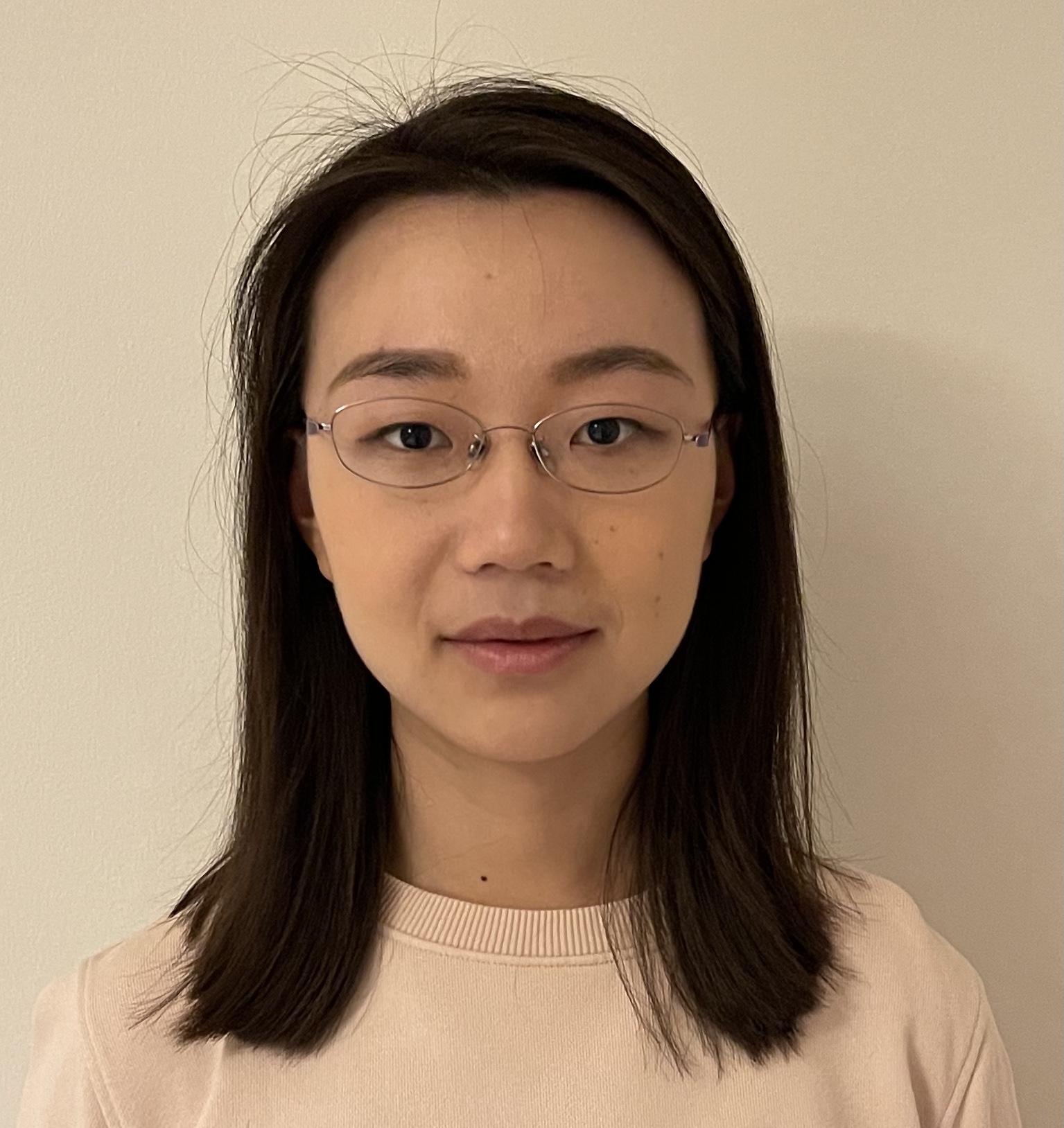
Weishi Chen
- Scholar
- China
- 2022 PhD Biostatistics
- Trinity College
I was first introduced to the subject of Statistics during my undergraduate doing BSc in Statistics at University College London. I received thorough training in Statistics at UCL, from the theoretical side of measure theory to various applied areas, such as extreme values analysis and geostatistics. Subsequently, I went to Oxford for an MSc also in Statistics. A summer internship at the Biostatistics Unit at Cambridge introduced me to the area of biostatistics and in particular, I met my supervisor who works in the area of design of clinical trials. I decided to continue for a PhD in this area, seeking to achieve treatment individualisation in early phase clinical trials. This is important because not only it will recommend treatment adapted to different personal characteristics, but better early phase designs will also increase the acceptance rate of the treatment in later phase trials. I sincerely hope that my research will help improve the experience of patients, and it is my great pleasure to receive the Gates Cambridge Scholarship which also aims to improve the life quality of others.
Previous Education
University of Oxford Statistical Science 2022
University College London Statistics 2021
Benjamin Chin-Yee
- Scholar
- Canada
- 2022 PhD History and Philosophy of Science
- King's College
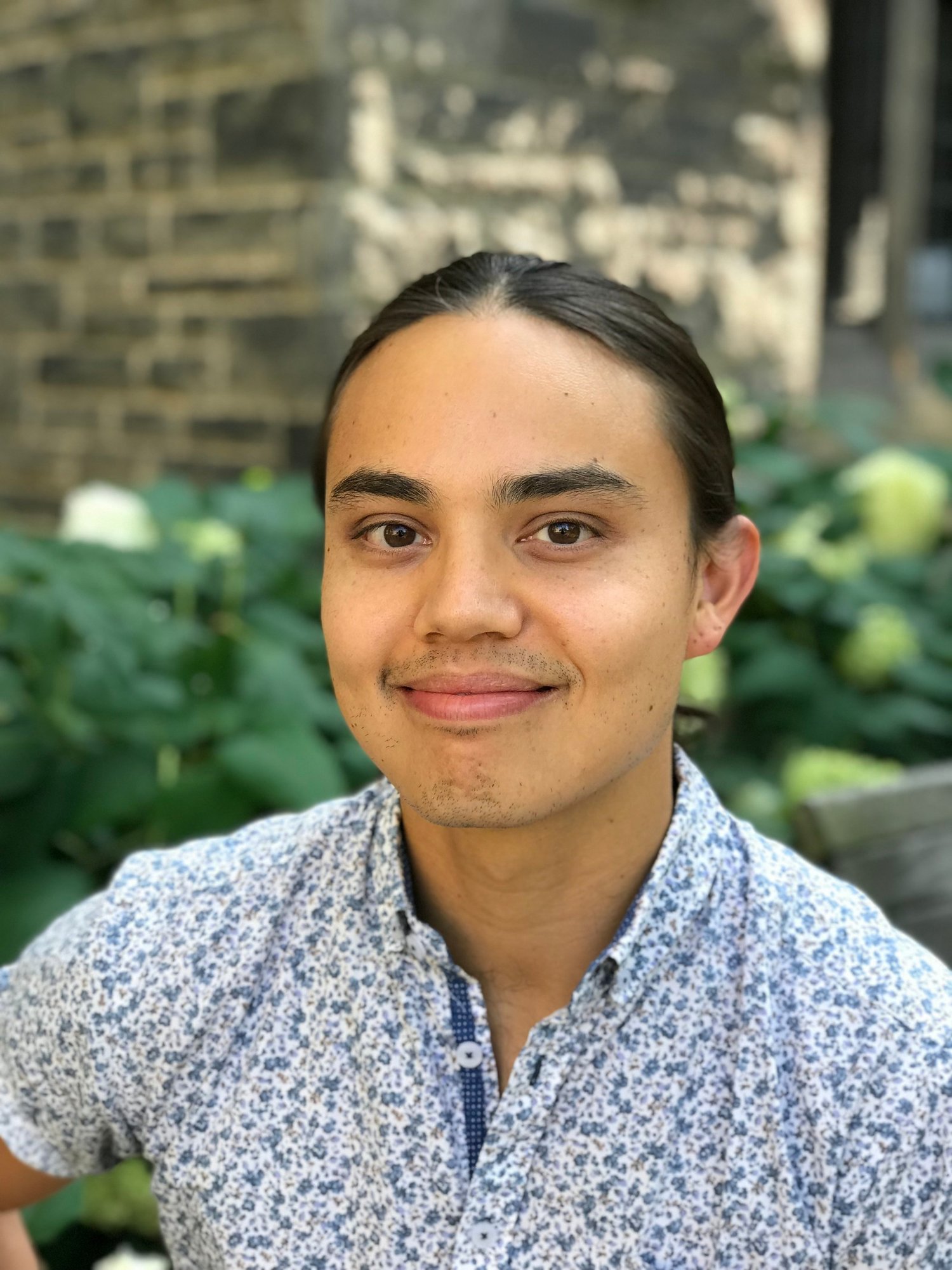
Benjamin Chin-Yee
- Scholar
- Canada
- 2022 PhD History and Philosophy of Science
- King's College
Growing up in Canada, I was fortunate to have teachers who nurtured my passion for both the sciences and humanities. But it was my exposure to history and philosophy of science as a visiting undergraduate at Cambridge which inspired me to pursue a path combining philosophy and medicine. I eventually chose to specialize in haematology-oncology, a field at the forefront of several exciting medical advances. Through my clinical work, I witnessed first-hand enthusiasm over “precision oncology” which many hope will revolutionize how we treat patients with cancer. My training in philosophy, however, also made me recognize the need for critical reflection to ensure that these advances translate into improvements in ethical and equitable patient care. My PhD will draw on my dual background in medicine and philosophy to undertake a philosophical analysis of precision oncology, examining a series of conceptual and ethical issues arising along the trajectory from basic science to clinical research and patient care. I’m honoured by the opportunity to pursue this research as a Gates Scholar and thrilled to return to Cambridge to join this inspiring multidisciplinary community.
Previous Education
Western University Schulich School of Medicine & Rotman Institute of Philosophy 2022
University of Toronto Faculty of Medicine & Inst. for the History & Philosophy of Science & Tech 2017
McGill University Faculty of Science 2013
Zeke Coady
- Scholar
- Australia
- 2022 PhD Chemistry
- Girton College
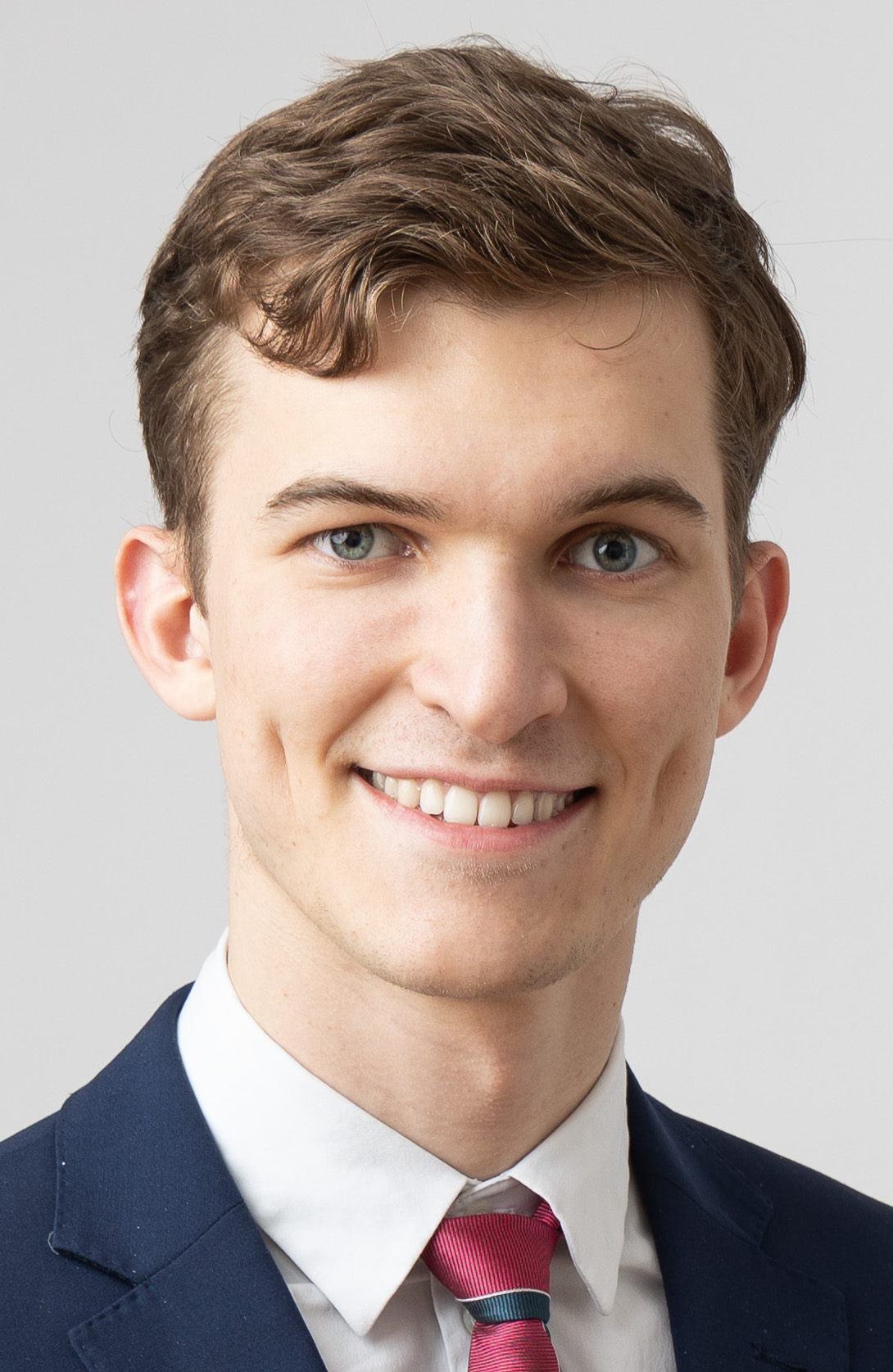
Zeke Coady
- Scholar
- Australia
- 2022 PhD Chemistry
- Girton College
Carbon capture, utilisation and storage (CCUS) is one of several clean energy technologies that must be deployed globally to minimise the effects of climate change on future generations. However, the CCUS methods currently in use are inefficient and uneconomical due to the difficulty of selectively capturing carbon dioxide from mixtures of gases. I plan on addressing this by investigating the mechanism of action for new electrochemical CCUS systems. Understanding these reactions will mean we can build cheaper, more effective, and longer-lasting CCUS systems. My interest in zero-emissions technology stems from my time working on freight and electric vehicle policy as a public servant in the Australian federal government, which taught me the importance and difficulty of decarbonisation from a technological, economic and political perspective.
Nelson Daniel
- Alumni
- Nigeria
- 2022 MPhil Population Health Sciences
- Darwin College

Nelson Daniel
- Alumni
- Nigeria
- 2022 MPhil Population Health Sciences
- Darwin College
A tragic personal event informed my interest in medicine from the tender age of six. My choice of the University of Maiduguri in North East of Nigeria for my undergraduate medical education was a deliberate attempt to gain exposure to some of the most underserved populations in the region, a situation which the Boko Haram violence has worsened. It is noteworthy that Nigeria contributes 19% of global under-five deaths despite accounting for only 2.4% of the world’s population. This experience fuelled my interest in poor, rural underserved populations and informed my decision to specialise in paediatrics. Paediatricians are well-positioned to identify public health issues that adversely affect well-being and are committed to the prevention and early identification of diseases and injuries. This integration of clinical medicine with public health principles is key to attaining genuinely population-oriented multi-level disease prevention. My research interest is in infectious diseases, particularly pediatric lung infections and how these affect the life course, and access to safe and quality healthcare. I am utterly grateful for the opportunity to expand my area of influence beyond the walls of a hospital or clinic.
Previous Education
Ahmadu Bello University Disaster Risk Mgt & Devt Study 2022
University of Maiduguri Medicine and Surgery 2015
Sofia Dartnell
- Scholar
- United States, Germany
- 2022 PhD Zoology
- Darwin College
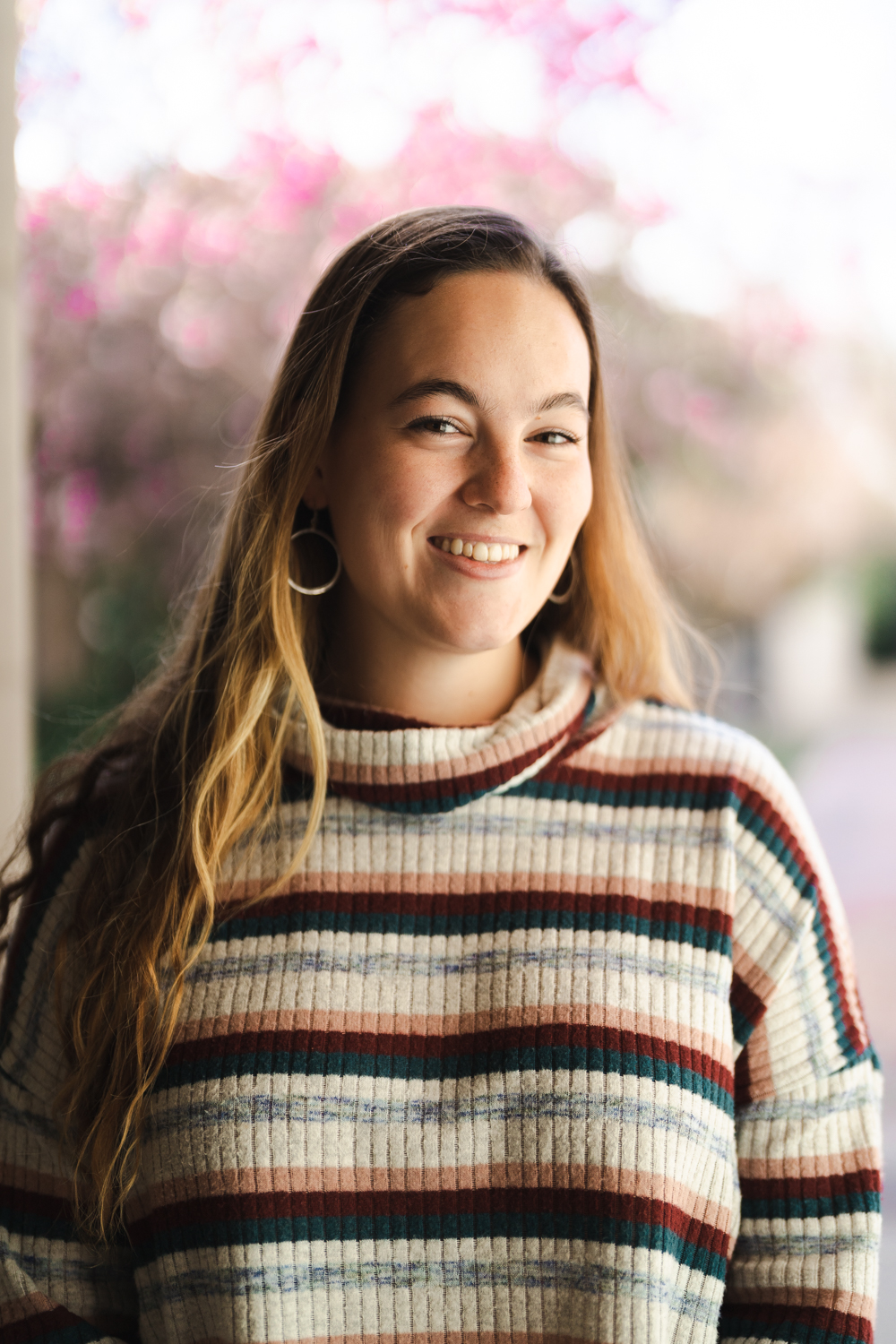
Sofia Dartnell
- Scholar
- United States, Germany
- 2022 PhD Zoology
- Darwin College
Growing up in bucolic Connecticut, I am the girl who saved ants from being squished on the playground, the girl who sat still for hours waiting for a dragonfly to land on my nose. My fate was sealed from an early age: I am an insect lover. As an undergraduate at Pomona College, I studied the impacts of habitat fragmentation, urbanization, and fire on pollinator assemblages. In a time of intense land use change, I am interested in how targeted habitat modifications can help conserve insect diversity. For example, planting native wildflowers next to monocrop agricultural fields enhances bee habitat, increases bee abundances, and may also improve crop yields. I am passionate about igniting sustainable action through education. I am committed to mentoring the next generation to preserve insect biodiversity. With my PhD in Zoology, I hope to become a professor. In the long-term, I aspire to work with global organizations such as the United Nations to champion agricultural mitigation efforts that may be adopted worldwide, allowing pollinators and humans to more harmoniously coexist. I am honored to be selected as a Gates Cambridge Scholar, joining an extraordinary community of learners committed to promoting positive change worldwide.
Previous Education
Pomona College Biology 2022
Preeti Pratishruti Dash
- Scholar
- India
- 2022 PhD Law
- Selwyn College
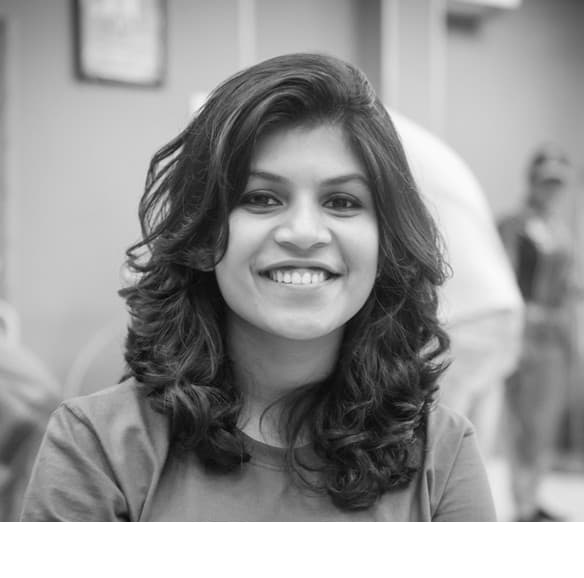
Preeti Pratishruti Dash
- Scholar
- India
- 2022 PhD Law
- Selwyn College
**Preeti will commence her PhD study in 2023.
Previous Education
Oxford University Criminology 2022
Harvard University Law 2019
National Law University Odisha Law 2014
Larissa de Freitas Lyth
- Scholar
- Brazil
- 2022 PhD History
- Peterhouse
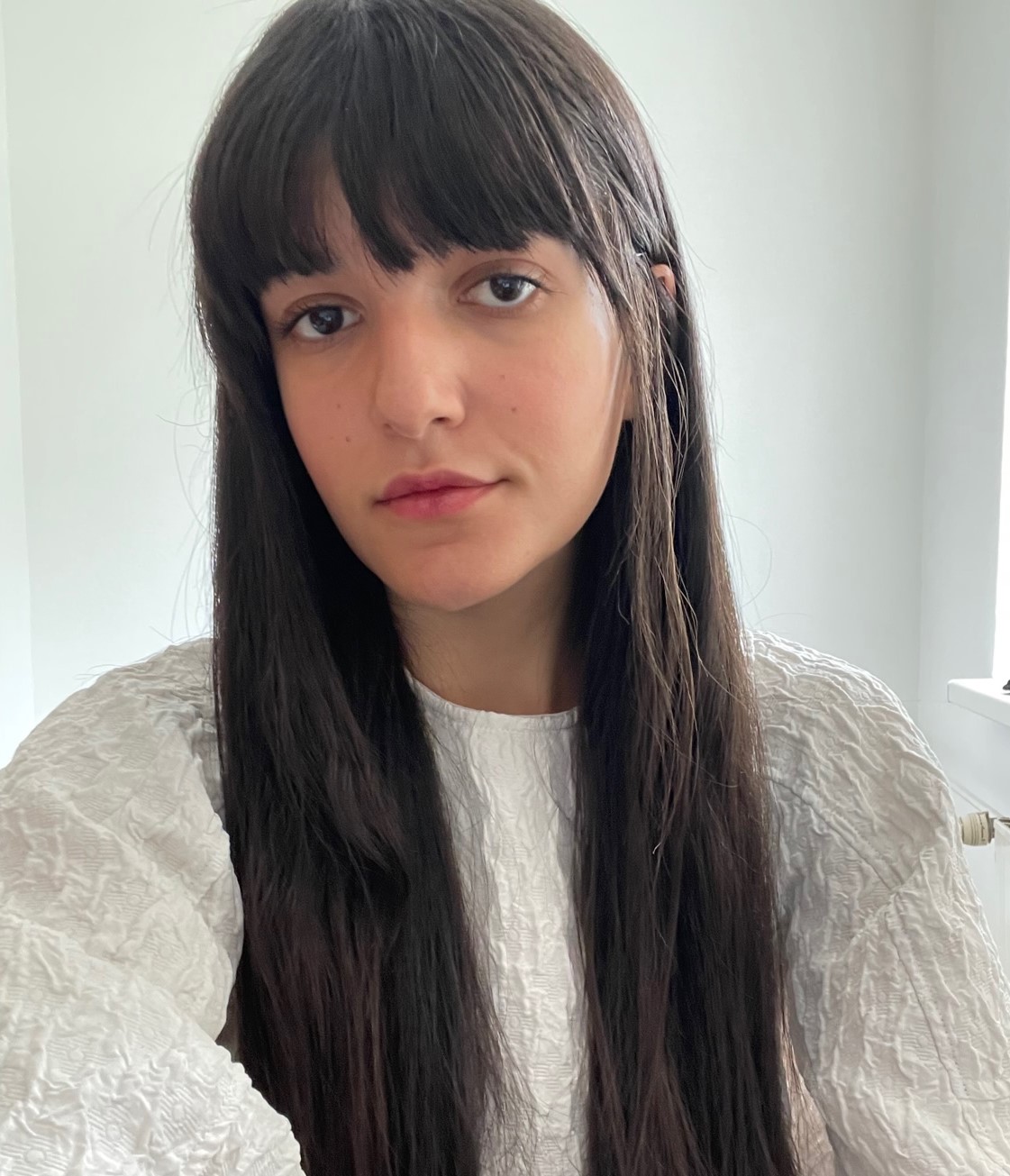
Larissa de Freitas Lyth
- Scholar
- Brazil
- 2022 PhD History
- Peterhouse
Born in Curitiba, Paraná, in Southern Brazil, I have always been passionate about history and religion. As an undergraduate at the Pontifical Catholic University of Paraná, I became interested in how non-Christian practices and beliefs were viewed and dealt with in a Christian environment. My research and dissertation explored the idea of ‘maleficium’ in Regino of Prum’s ‘Canon episcopi’ and, later, my MA dissertation focused on how penance was used to regulate sexual practices in the 11th century ‘Corrector sive medicus’ as well as superstitions and magic. During my PhD at Cambridge I will study both the Valais Witchcraft trials (1428-c. 1436) and the accusations against the Waldensians in the second half of the 15th century, and how they compare to confessors manuals. My proposal for this thesis builds upon an ongoing interest in the formation of the stereotypical image of so-called ‘witches’ and its medieval origins. My research aims to focus on a comparison between the trials and the confession manuals in order to find out where they share similarities with inquisitorial culture and where they differ from it.
Previous Education
Universidade Federal do Parana History 2021
PUCPR History 2016
Tristan Dot
- Scholar
- France
- 2022 PhD English
- St John's College
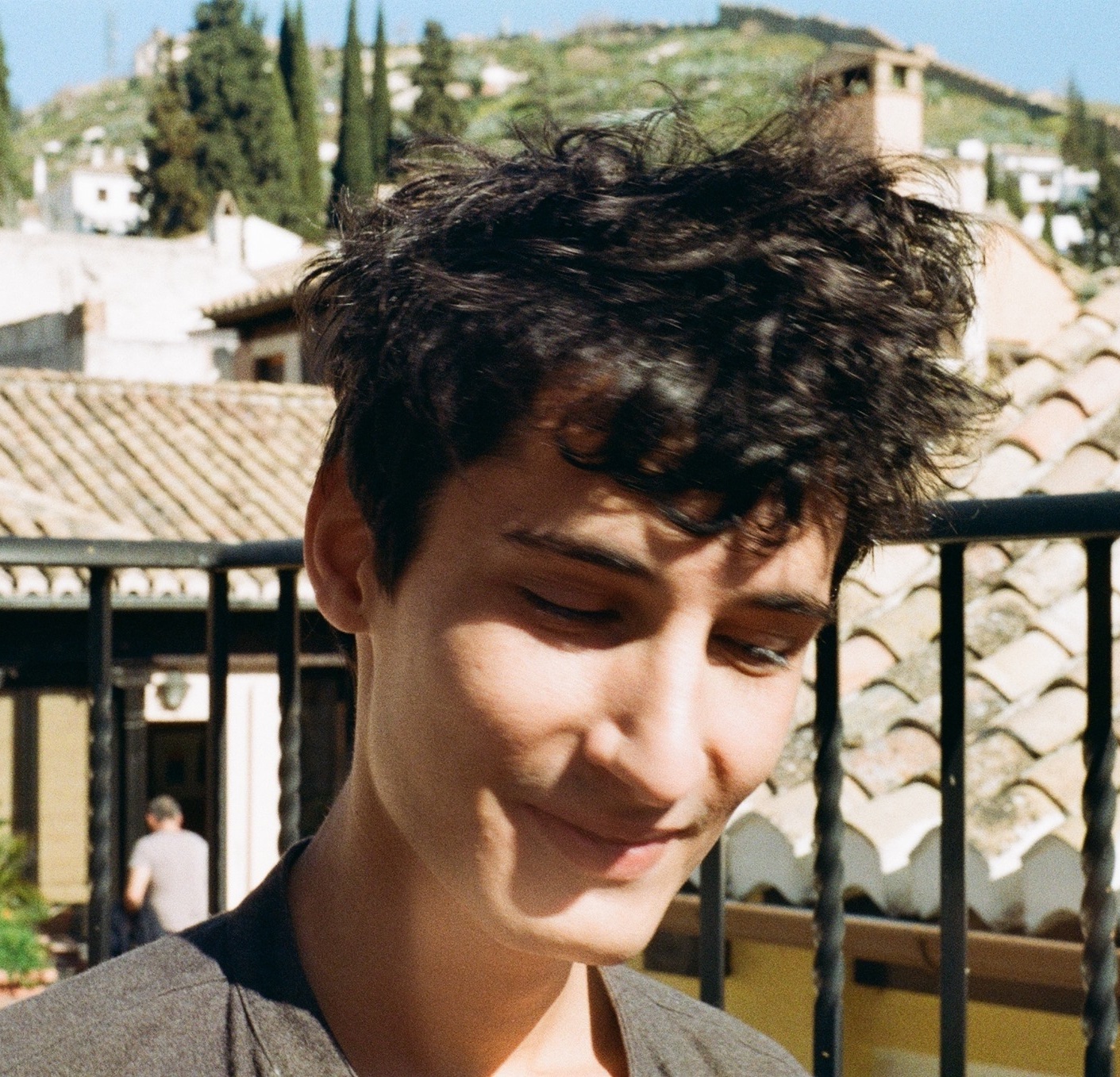
Tristan Dot
- Scholar
- France
- 2022 PhD English
- St John's College
Coming from a double background in Mathematics applied to Computer Vision and in Art History, I have always thought that these two disciplines -as they both essentially study images- could thrive from one another. During my PhD at Cambridge, I will study what can be called 'computational formalism': the automatic analysis of images, treated as digital data, through computational methods. Millions of images circulate every day through global networks, and are constantly analysed by Artificial Intelligence (AI) models. More and more, the same AI models are used in Art History and Visual Studies to develop inventive digital methods, helping to study large-scale datasets outside the canon. To question these uses of AI, I will try to determine the place of computational formalism in the historiography of formalism. This methodological work of recontextualisation will lay the ground for a critically-informed use of computational methods in Art History, and will allow us to better understand AI-encoded digital images. In particular, I am convinced that Art History will help us determine the issues of power, domination and invisibilisation at stake behind the circulation of digital images nowadays - this is one of my research goals.
Previous Education
Univ. Paris1 Panthéon-Sorbonne History of Contemporary Art 2022
Univ. Paris1 Panthéon-Sorbonne Art History and Archeology 2021
Ecole Normale Supérieure de Cachan Math, Vision, Machine Learning 2020
Nisita Dutta
- Scholar
- United States
- 2022 PhD Chemistry
- St Catharine's College
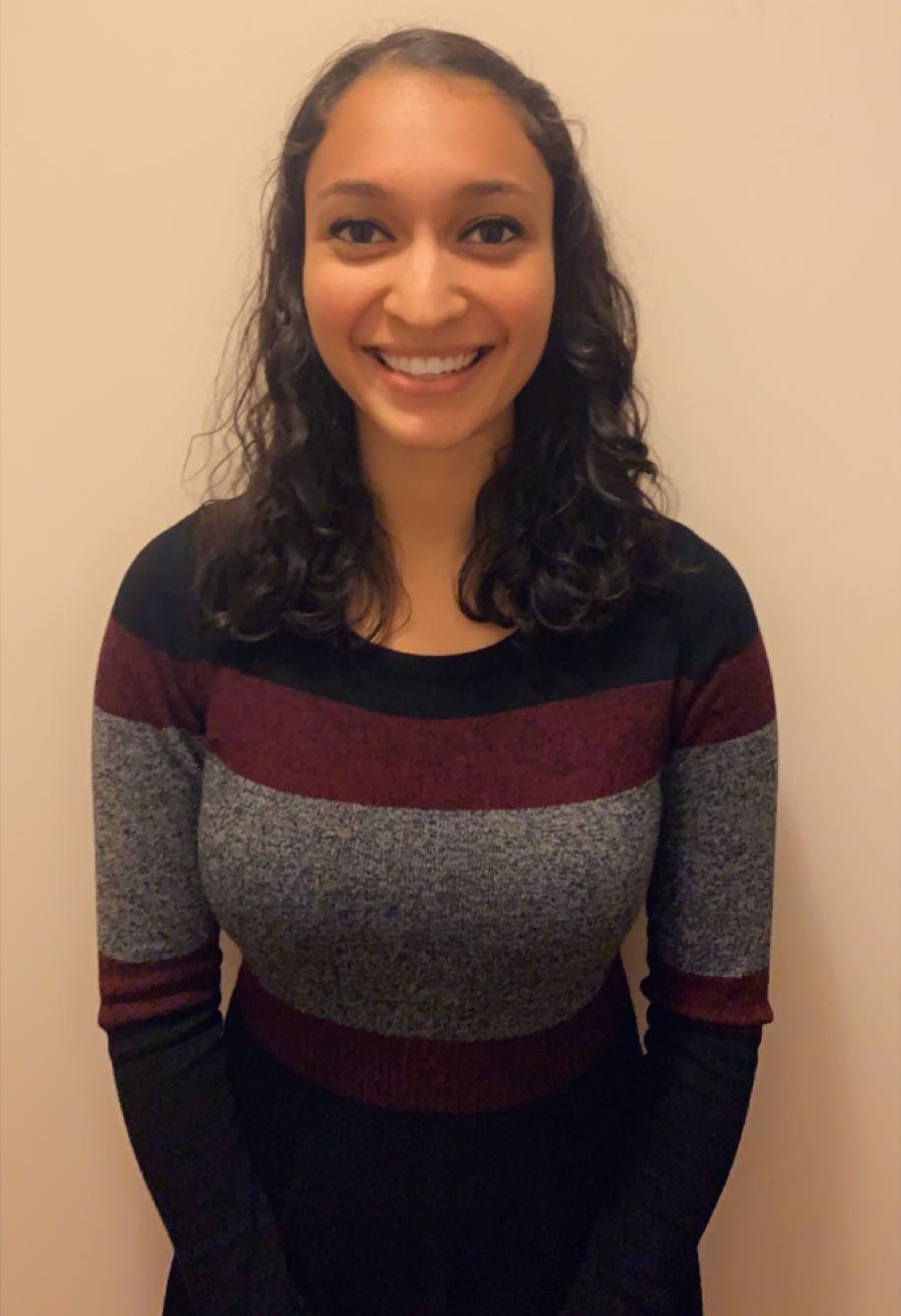
Nisita Dutta
- Scholar
- United States
- 2022 PhD Chemistry
- St Catharine's College
When a close family member of mine was diagnosed with breast cancer, I was consumed with fear and concern. As I went through my undergraduate years at Johns Hopkins University (JHU), I started to channel those feelings into the chemistry, biology, and mathematics I had become so familiar with. Through my Chemical and Biomolecular Engineering (ChemBE) degree, I realized I could use the skills I learned to combine my passions in research, engineering, and medicine to design effective chemotherapy delivery methods that can help alleviate cancer patients’ pain. After receiving a master’s degree in ChemBE at JHU, I started medical school at the University of Maryland Medical Scientist Training Program where I continued to expand my interests in not only patient care, but in teaching, mentoring, and medical education as well. For my PhD, I will be working to create novel nanobody-drug conjugates to treat pancreatic cancer in an international collaboration between the Cambridge Department of Chemistry and the National Institutes of Health. I am honored to have been selected as a Gates-Cambridge Scholar and look forward to the support from this multidisciplinary network to help accomplish my goals.
Previous Education
University of Maryland System Medicine 2028
Johns Hopkins University Chemical and Biomolecular Eng 2020
Johns Hopkins University Chemical and Biomolecular Eng 2019








